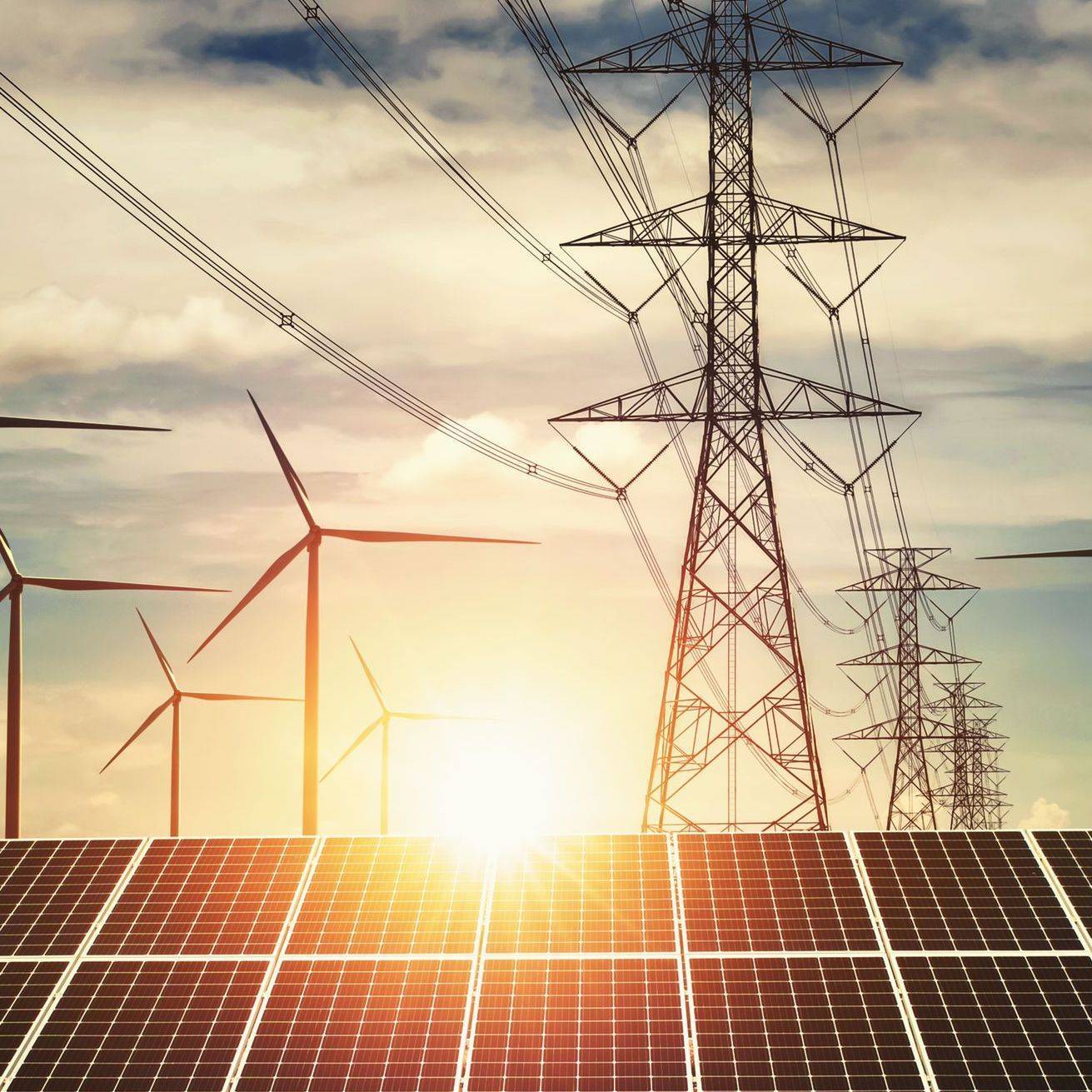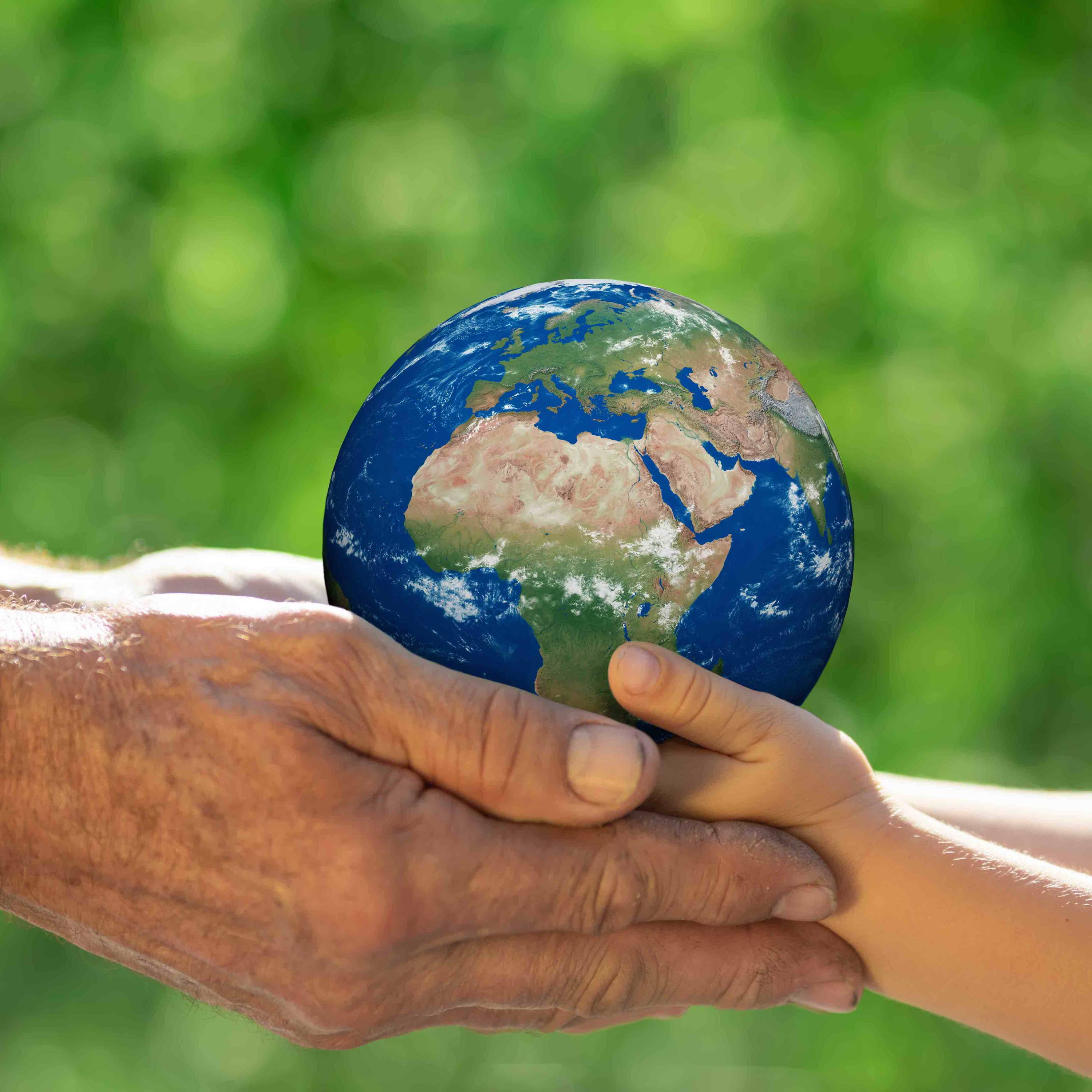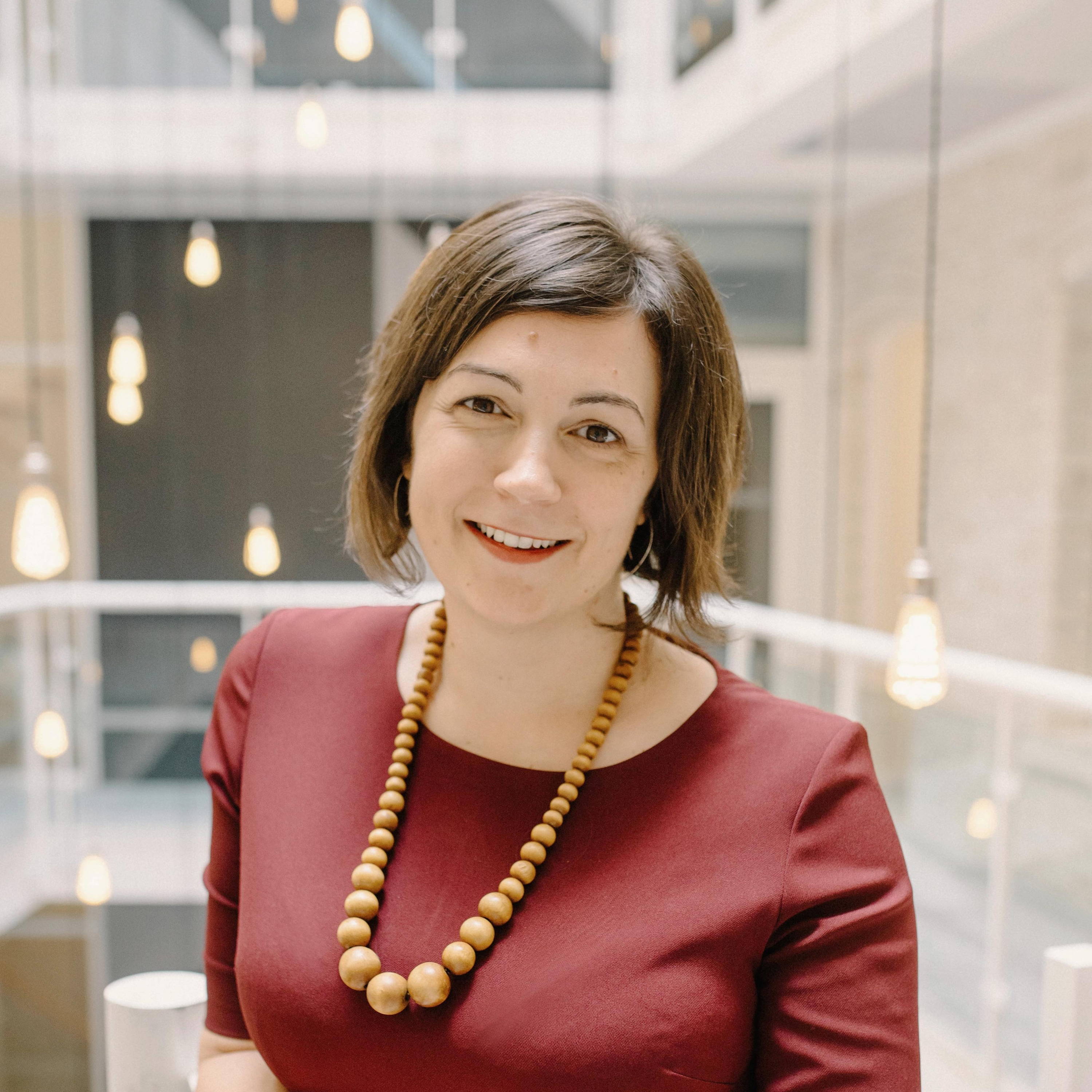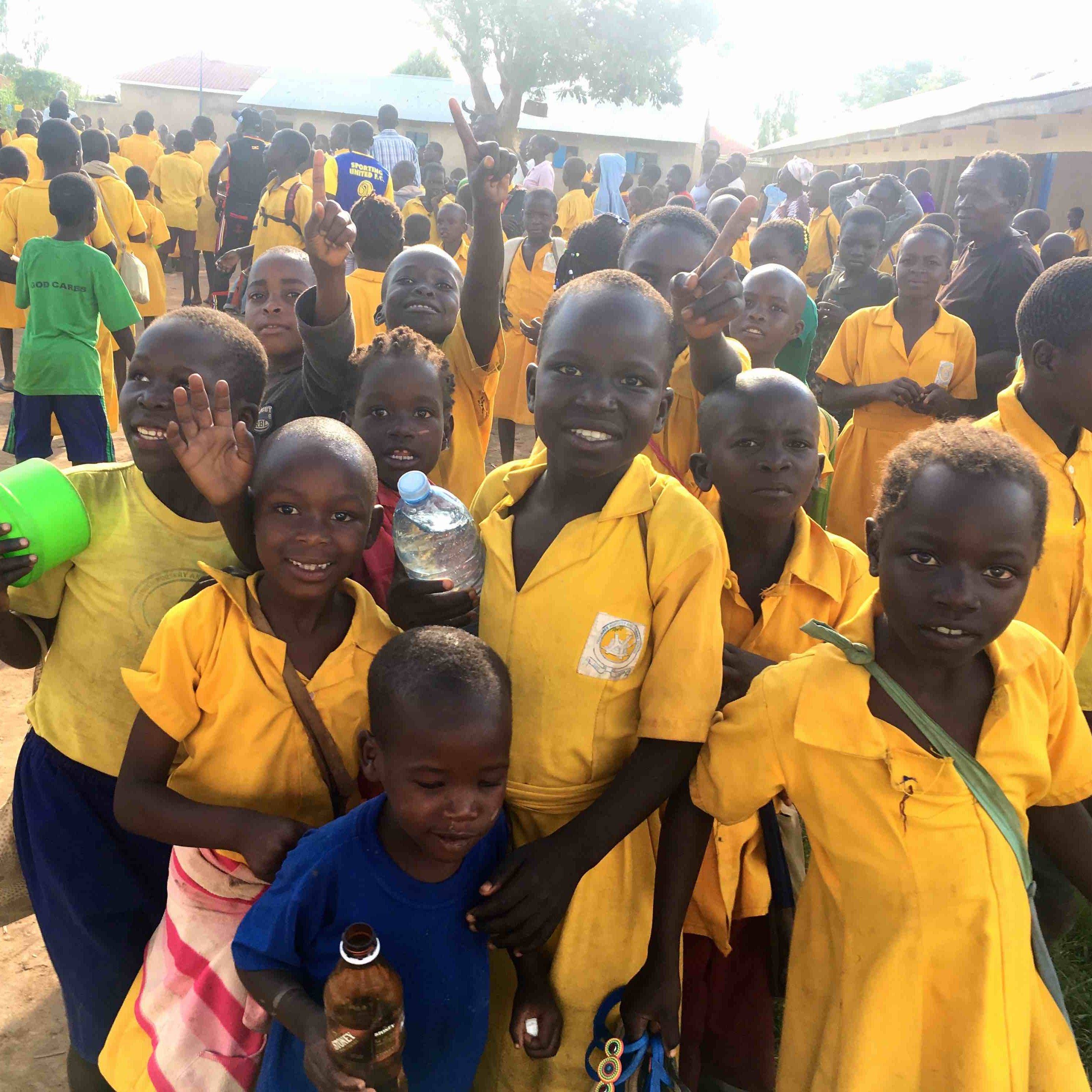
Children being helped by PFP's Paorinher
Sustainability Project in Northern Uganda
Goal 7: Affordable and Clean Energy
Why We support: POWER FOR THE PEOPLE
Power For The People provides a range of solutions for complex problems in the world’s poorest countries, including safeguarding pupils in East Africa
By Emma Elms
12 january 2022
With the motto, ‘We offer handshakes, not handouts’, the charity Power For The People (PFP) works in some of the world’s poorest areas to help build sustainable futures. Providing renewable energy is key, but it’s also about so much more. This dynamic charity works with local communities worldwide on solutions to meet their specific needs, from clean energy to food security, and education to healthcare. The inspiring founder Nasrin Sharifi set up the charity after visiting East Africa as a renewable energy developer for EP Global Energy back in 2015 and seeing the issues first-hand.
‘I set up PFP to address the root causes of poverty: food insecurity, dirty water, poor sanitation, malnutrition, poor health, illiteracy and a lack of work opportunities, especially for women and girls,’ says Nasrin. ‘I was very lucky to have the support of my company EP Global Energy.’
What your money does
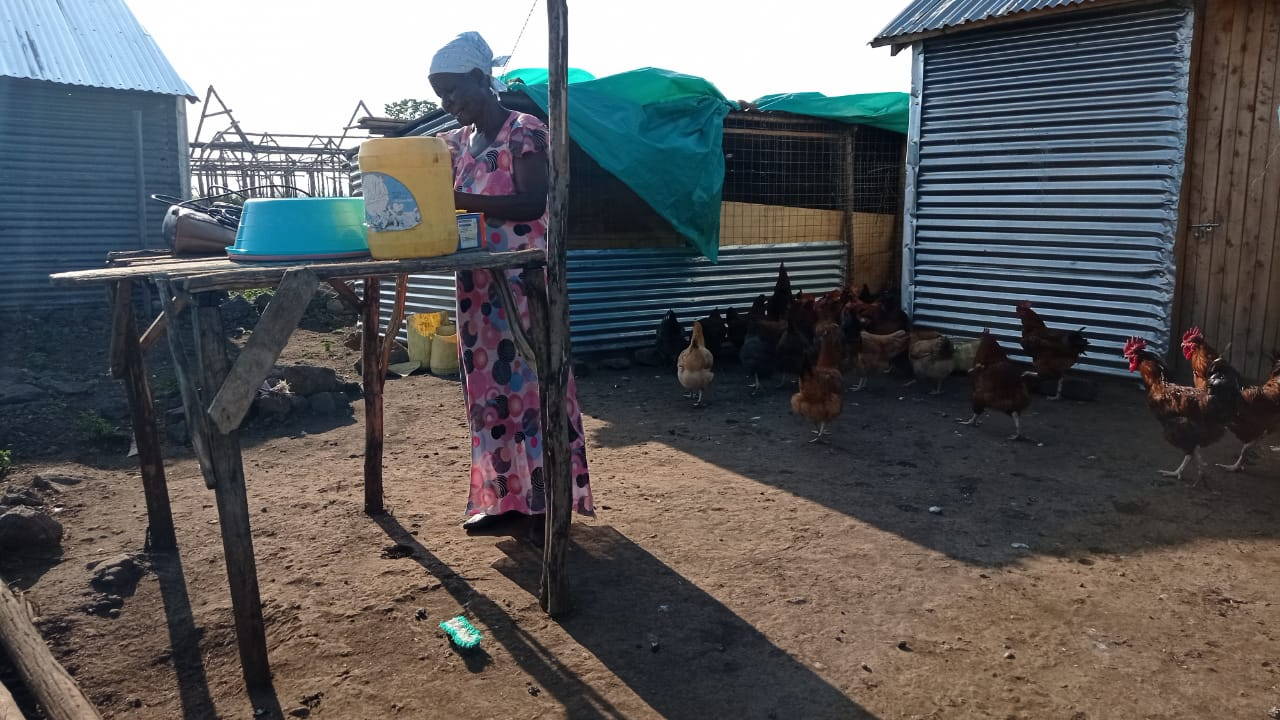
Remba Women's office compound
The donations from sales of #TOGETHERBANDs have been used for multiple PFP projects, including the charity’s work on Remba Island, Lake Victoria in Kenya. ‘Our work is vital because Remba is three hours by speedboat from the mainland, so few charities work there,’ explains Nasrin. ‘Fishing is the mainstay, but it’s seen as men’s work, so women can only get in at the lowest end of the chain, gutting fish and being paid in fish.’
A lack of opportunities combined with the need to feed their families leads many women into ‘jaboya’ (trading fish for sex), which contributes to the spread of HIV in the region. ‘HIV/AIDS affects more than half the population and mother-to-child transmission is high,’ says Nasrin.
#TOGETHERBAND’s funding helped to establish the Remba Island Women’s Empowerment Programme, which has transformed many women’s lives on the island by offering training, business opportunities and mentoring. Security at the local school was another major issue. With no fencing, there were shocking reports of children being raped on the grounds and drug-users leaving discarded needles nearby. PFP took action to address this by fencing and clearing up the grounds with the community, turning the area into a football pitch and installing security lighting at the school. Now maize and fruit trees have been planted there too, providing the school with food and income.
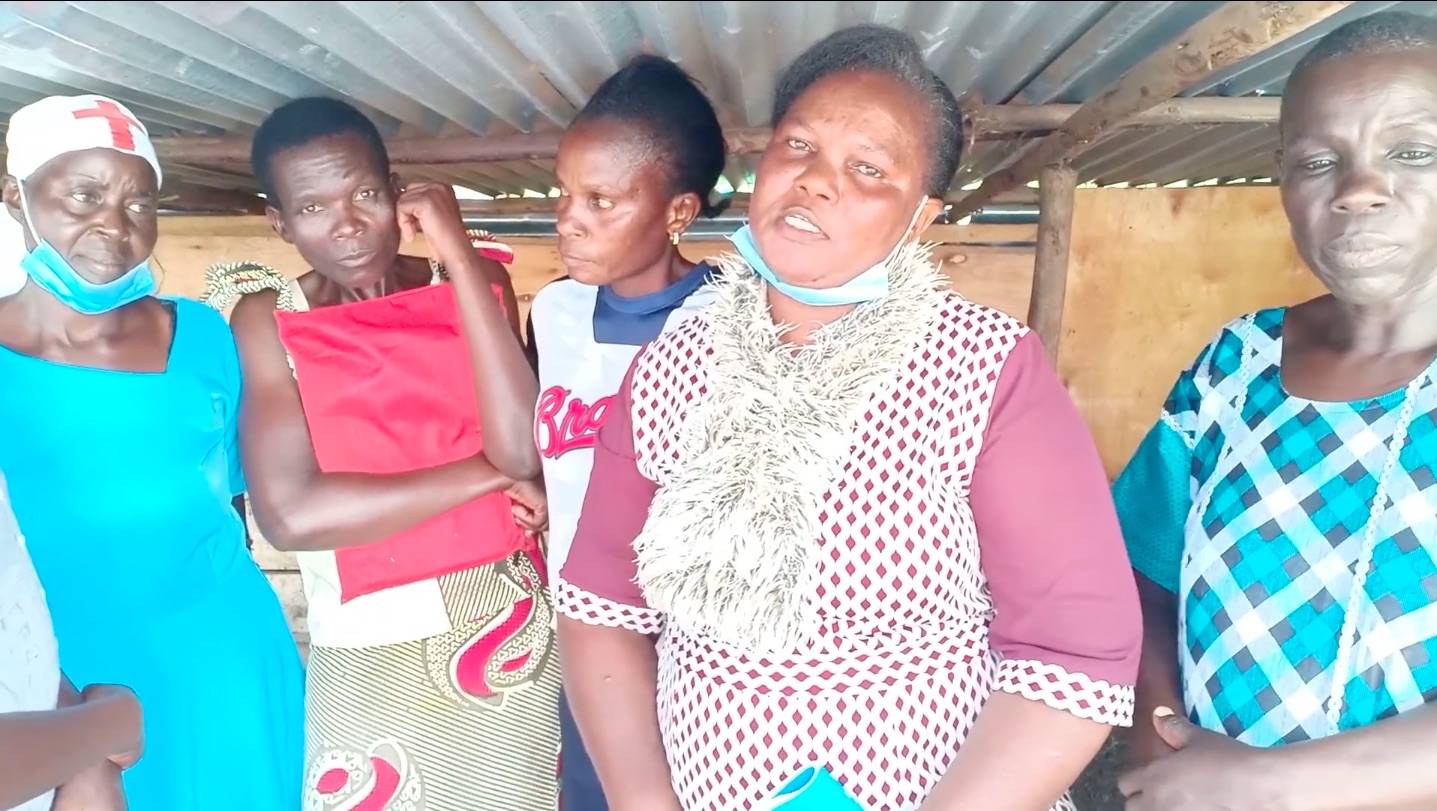
Teacher Jacline Otuoma (centre in scarf)
Chair of Remba Women's Group
Jacline Otuoma is a teacher at Remba school and Chair of Remba Women’s Group, made up of 15 single mums and widows who are championing the PFP empowerment programme. Jacline says the charity’s work has changed her pupils’ lives: ‘The school is now a secure place of safety because all the broken glass, needles and rubbish has been cleared and only teachers and pupils can enter. We can now offer our children a safe environment for learning and sport.’
Meanwhile, the work opportunities offered to women include vegetable-growing and poultry-keeping. The office the charity provided has solar panels on the roof that power the PFP egg incubator inside, as well as lighting and mobile phone charging. ‘People buy our vegetables and birds, and queue for our eggs. The sales improve our economic power as women and help our families. We are growing our flock and plan to have caged-fish farming alongside,’ adds Jacline.
How to help
#TOGETHERBAND’s funds have also supported the ‘Paorinher Sustainability Project’ in the Agago district of Northern Uganda. The 20-year reign of terror by the Lord’s Resistance Army’s (LRA), which led to genocide, abductions and forced recruitment of child soldiers, has left behind thousands of orphans and vulnerable families, many of whom are HIV+. PFP is working with the Paorinher Centre to support them, by providing access to healthcare, education, food security, electricity and funding, along with expanding the Centre’s facilities to include two sanitation blocks with bio-toilets, biogas and a dormitory for 150 orphans. The charity is also building a 240-acre, solar-powered community support hub and farm to provide sustainable income and materials for the community.
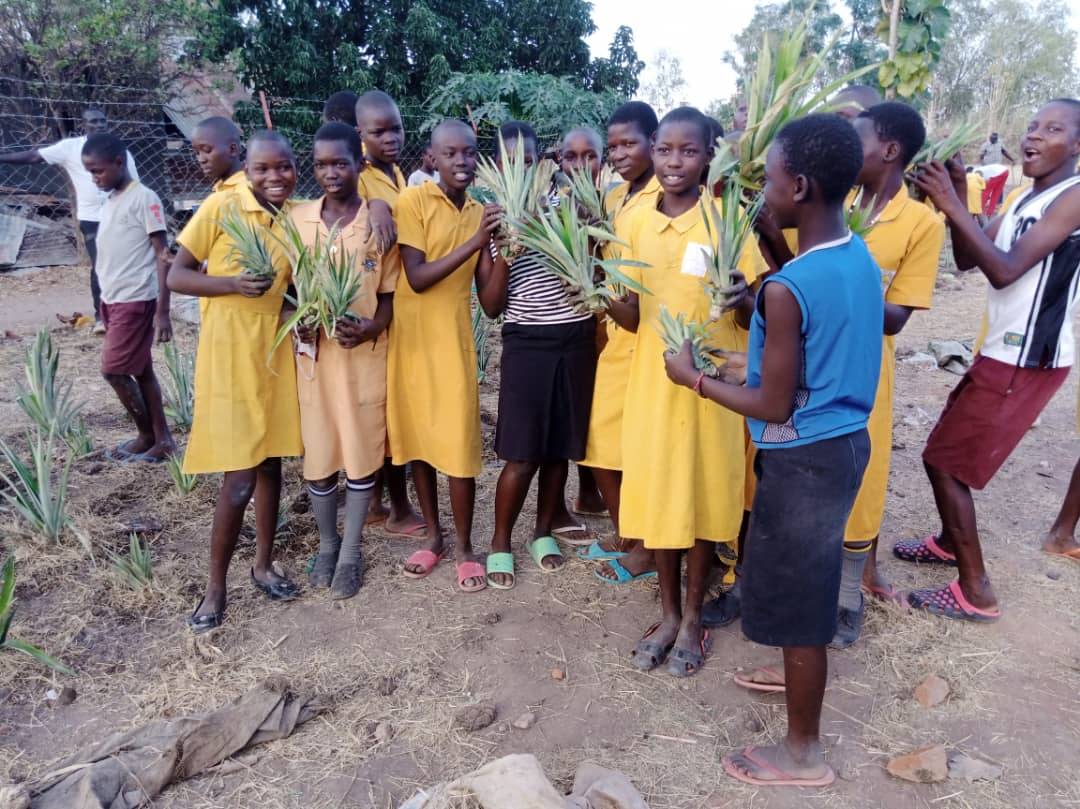
PFP's Paorinher Sustainability Project
As PFP moves into the second phase of development, more funds are desperately needed. If you’d like to help change someone’s life by providing electricity and other essentials, please either donate direct to PFP or support their work by buying a pair of Goal 7 #TOGETHERBANDs below.
100% of profits from the sales of #TOGETHER products go to charities that advance the Sustainable Development Goals. Find out more here.
